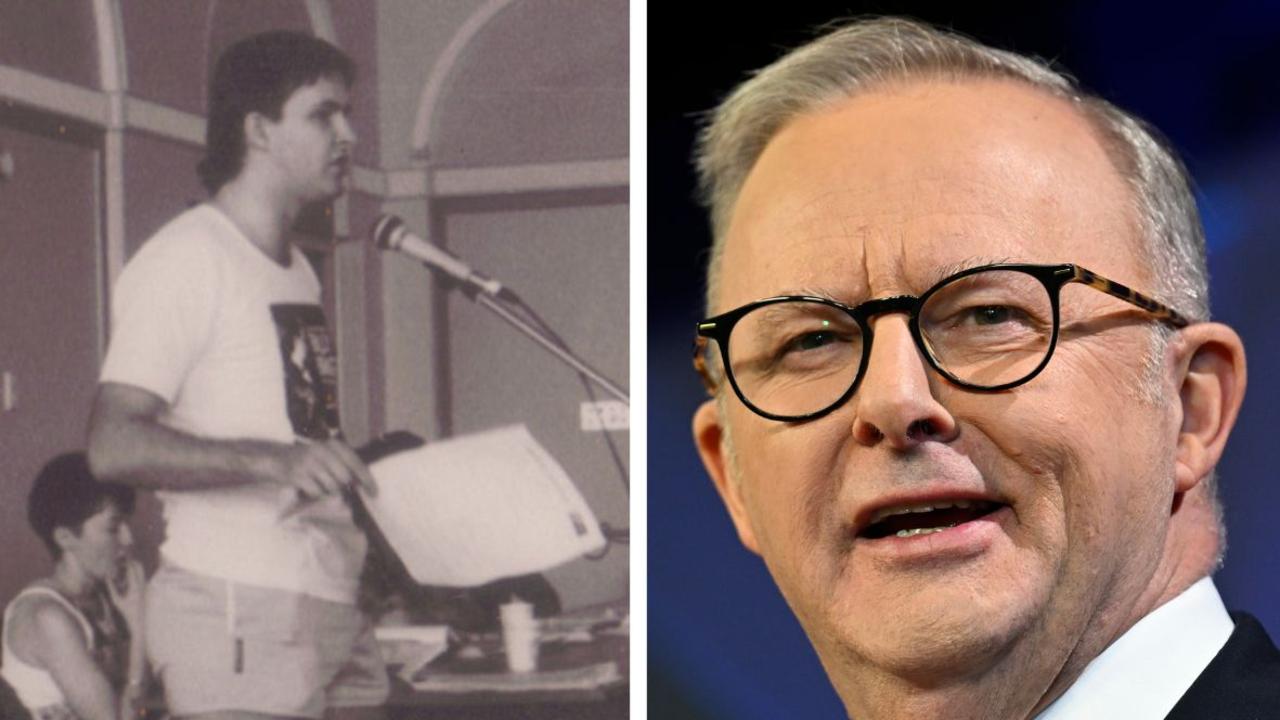Inside the incredible and devastating postal service scandal that could bring down the UK government
A massive scandal involving a TV drama, hundreds of postal workers, faulty software and countless wrongful convictions has engulfed British politics.
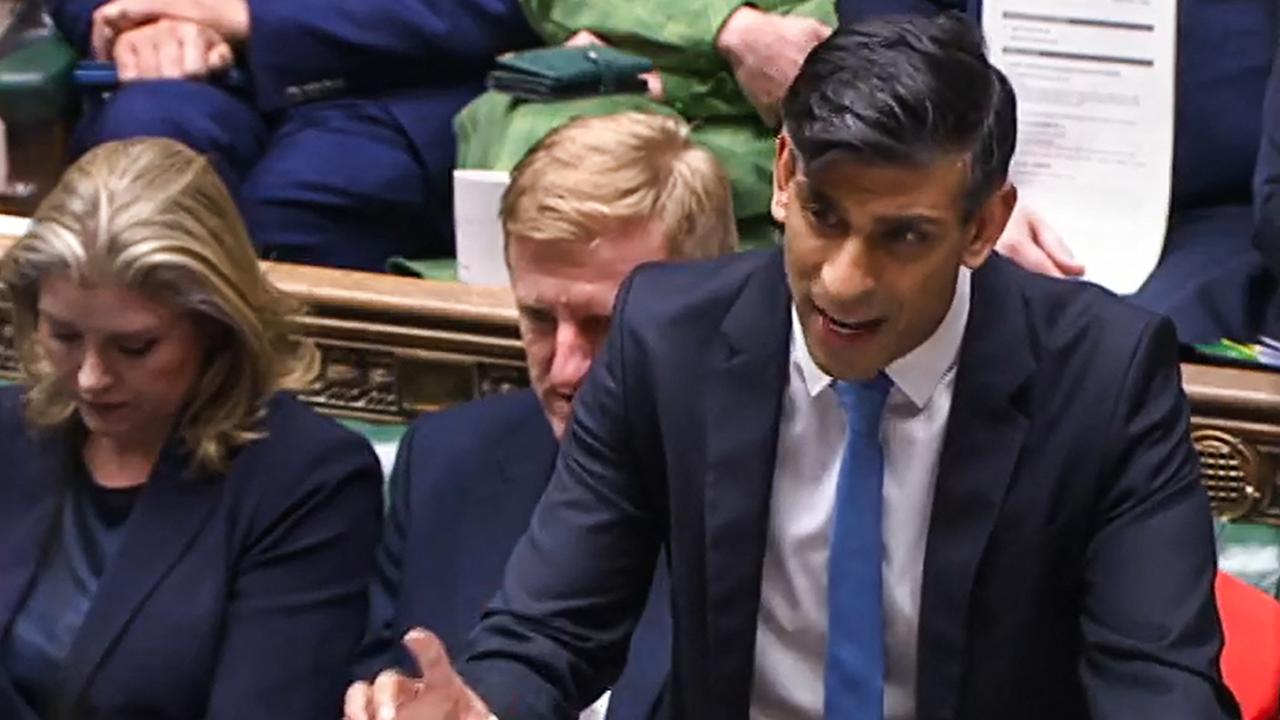
A massive scandal involving an unassuming television drama, hundreds of postal workers, malfunctioning computer software and countless wrongful convictions for fraud has engulfed British politics.
Between 1999 and 2015, an estimated 3500 staff employed by the state-owned Post Office service were accused of fraud, theft or malicious accounting.
Almost 700 of them were convicted in courts and some 230 were jailed.
Most were legally compelled to repay the amounts they were accused of fleecing, resulting in bankruptcies, marriage failures, substance abuse and even suicides.
There was just one not-so-little problem – virtually all of those people were innocent.
Grave miscarriage of justice
The Post Office implemented new financial tracking software in the late-1990s called Horizon, developed by the Japanese technology and electronics giant, Fujitsu.

Postmasters across the United Kingdom quickly complained of bugs in the system that routinely reported false shortfalls, usually totalling thousands of pounds each.
When warnings were dismissed by the postal service’s senior leadership, some mid-tier managers went so far as to pay back the discrepancies with their own money to avoid trouble.
Employment contracts stipulated they would be held responsible for any financial shortfalls identified by Horizon.
Major issues persisted and in 2010, the truth was finally discovered and acknowledged by those at the top of the Post Office.
But incredibly, executives continued to rely on the software and ruthlessly pursue and prosecute postal workers erroneously identified as being thieves for nine more years.
It was only when 500 of those defendants successfully won a case in the High Court that the service ceased.
While that landmark decision gained some public interest at the time, the scandal – now described as “one of the greatest miscarriages of justice” in British history – faded away.
That is, until a miniseries popped up on television screens earlier this month.

ITV produced and aired Mr Bates vs The Post Office, drawing in almost 10 million viewers and sparking a long-awaited wave of outrage.
PM embroiled in scandal
Fury has now engulfed the Conservative Government and heaped pressure on embattled Prime Minister Rishi Sunak.
Political commentators are demanding to know who in the government knew about the scandal and the unresolved injustice – and when.
And there are questions about why Mr Sunak approved the awarding of billions of pounds worth of public contracts to Fujitsu, whose bungled product sparked the horrendous situation in the first place.
The Financial Times reports Mr Sunak oversaw £3.6 billion (AU$6.84 billion) worth of tenders during his time as Chancellor and now PM, despite the company’s role in the disastrous mishap being known.
Stunningly, a huge chunk of that expenditure was on the Horizon software itself, with a £36 million (AU$68 million) extension signed just months ago.
And it was only after the ITV series aired that he finally made moves to right the wrongs of the postal service.
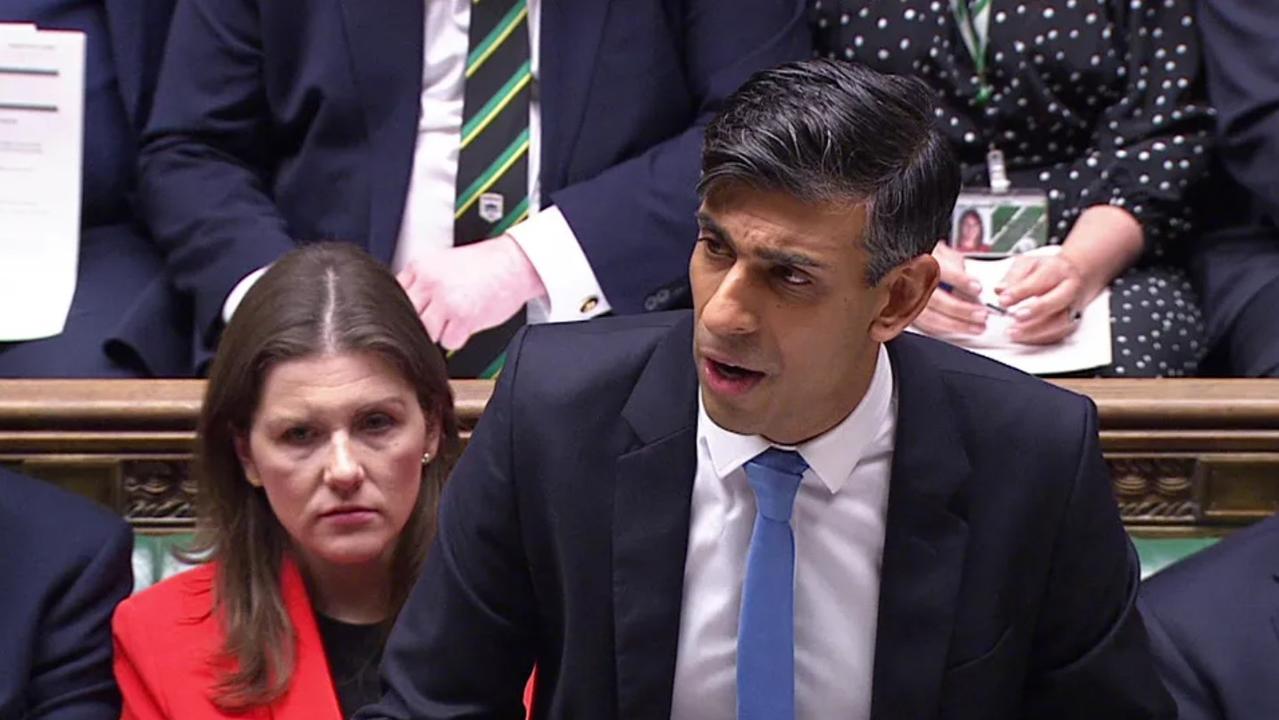
Speaking to the media outlet GZero, political consultant Mujtaba Rahman from Eurasia Group declared that “the narrow path to victory doesn’t exist anymore for Sunak”.
Mr Rahman said the scandal was the final nail in the tumultuous Conversative Government’s coffin and predicted Labour would win a majority at the next election, due this year.
Countless lives ruined
Tom Hedges ran a post office near Skegness, a seaside town in Lincolnshire, for 16 years until he was sacked in 2009.
Mr Hedges was accused of fraud and convicted the following year.
“I had to wait until 2021 until my conviction was overturned,” he told the BBC in an emotional interview. “And frankly it wrecked my life, my family’s life and everybody I know’s life. It was the most horrendous thing I have ever been through.”
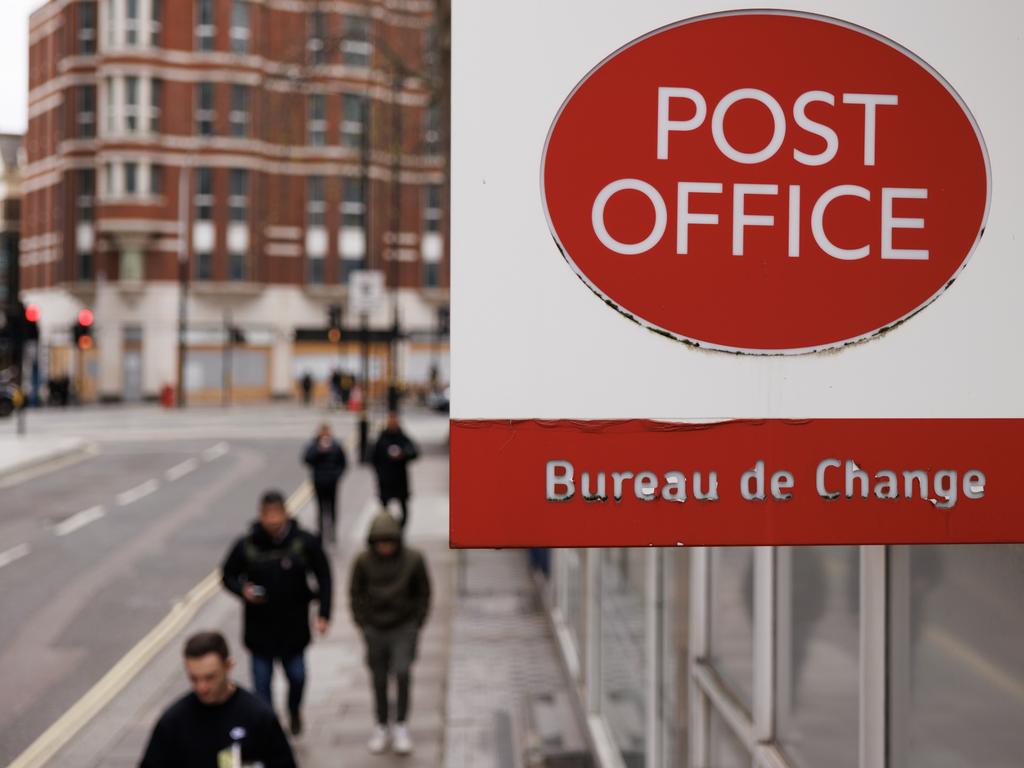
Former mid-postmaster Mohammed Rasul worked for the postal service for 27 years before he was fired, charged and convicted of false accounting.
“I had to wear a tag for three months and had a suspended sentence for 12 months,” Mr Rasul told the BBC.
“I have carried the shame ever since. I refuse to carry it any longer.”
He spoke of becoming a “total recluse” in the wake of the trauma and was forced to take out a loan to repay the £12,000 (AU$22,800) the software wrongly accused him of stealing.
Despite his conviction being overturned, Mr Hedges was not repaid the £60,000 (AU$114,000) authorities pursued him for.
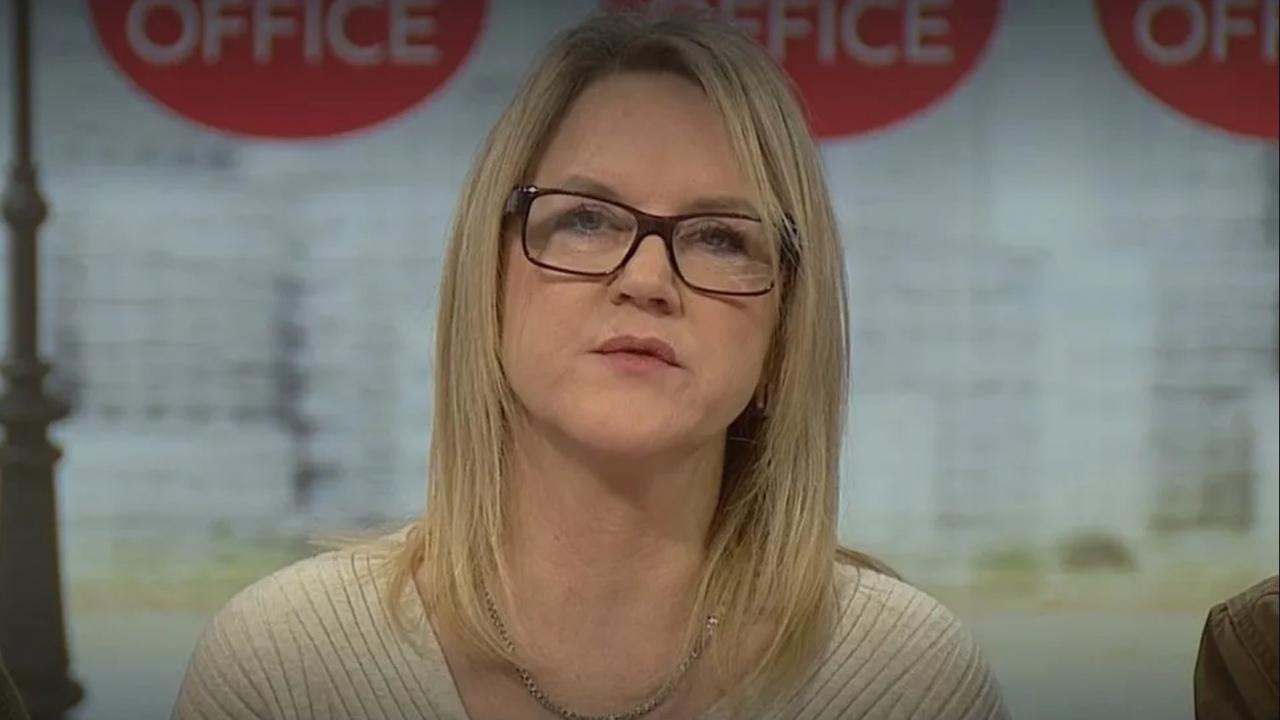
Postal worker Janet Skinner was jailed for three months following her wrongful conviction — leaving behind her children and enduring an experience she could only described as “horrendous”.
Another Post Office employee, Seema Misra, was jailed for 18 months for theft, locked up while eight weeks pregnant and on the day of her son’s 10th birthday.
Ms Misra told The Guardian she contemplated suicide while behind bars and remains traumatised. Eleven years after being jailed, she was formally cleared of any wrongdoing.
To date, just 93 of the 700 wrongful convictions have been overturned.

Shockingly, the software is still in use today, but the postal service insists the latest version is “robust”.
Critics aren’t quite so confident and want it phased out as quickly as possible.
The power of TV
On January 1, the British television channel ITV released the four-part program Mr Bates vs The Post Office, a serialisation of personal accounts from former postmasters and their loved ones.
The gripping drama stars popular actor Toby Jones as Alan Bates in his crusade for justice and his frustrating attempts to be heard and acknowledged.
Speaking to his creative team on the eve of its premiere, executive producer Patrick Spence encouraged them not to be disappointed if their ratings were modest.
This was, after all, a drama about the postal service, facing stiff competition – and airing on New Year’s Day.
It was a smash hit and sparked much-needed momentum to finally force change for the hundreds and hundreds of victims.
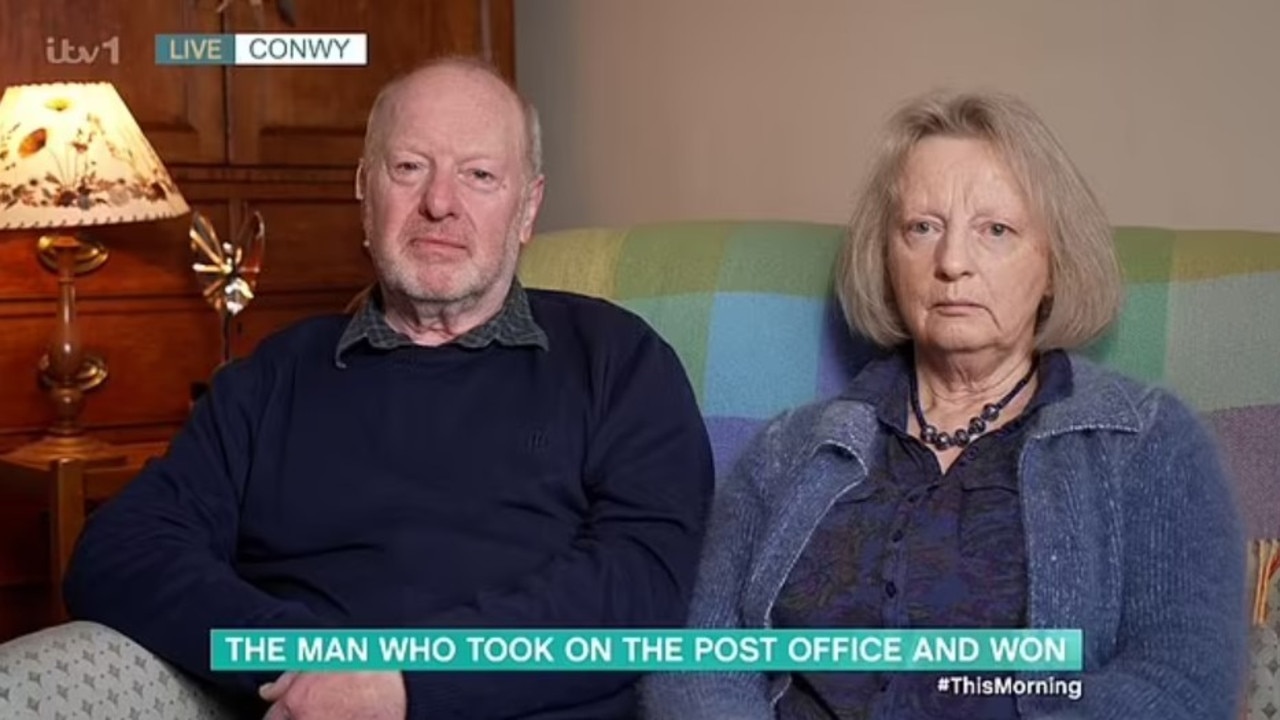
Mr Spence told the New York Times that part of its appeal is likely “a bigger truth, which is that we don’t feel heard, and we don’t trust the people who are supposed to have our backs”.
The show took three years to make and was informed in part by the tireless work of investigative journalists who’ve been pursuing the story since the mid-noughties.
“However brilliant the journalism is, it maybe appeals to your intellect, to your head,” Gwyneth Hughes, the show’s writer, told The New York Times.
“Whereas drama is designed to appeal to your heart — that’s what it has been doing for thousands of years.”
Since airing, more than 100 previously unidentified victims have come forward.
Calls for big scalps
Paula Vennells was the Post Office chief executive during the time of the scandal and in the wake of the ITV series, has announced she will hand back a CBE awarded to her by the Conservative Government in 2019.
A petition calling for her to be stripped of it gained more than one million signatures.

Sir Edward Davey, leader of the Liberal Democrats, was the Postal Affairs Minister in the Coalition Government and in 2010 refused to meet Alan Bates, who was leading the campaign to expose the scandal.
Sir Davey said at the time he didn’t think the meeting “would serve any purpose”. He recently apologised and said he regretted not asking “tougher questions” of the Post Office.
Yvonne Tracey, a local independent councillor who was the deputy manager of a Post Office branch, is now in talks to run against him at the next general election.
There are also calls for Sir Davey to hand back his knighthood and to quit politics.
Sally Stringer, a former post office manager from Gloucestershire, told the BBC she had a letter that proved the political leader was “fully aware” of the Horizon scandal when he had ministerial responsibility.
“I don’t think he is fit to hold the position of running a party in this country due to the fact that he is completely complicit with the problems at the Post Office from 2010 onwards on his watch,” Ms Stringer said.
“I’ve got a letter from Ed Davey to my ex-MP down in Worcestershire, where he is fully aware of what is going on, to quote, in the Post Office because he put it in writing.
“So, either he is not telling the truth, or he is stupid. It’s an election year and this issue is not going to go away across the board.”

One of his constituents, former postmaster Sathyan Shiju, pleaded with his MP three times for help over a Horizon-identified shortfall of £20,000 (AU$38,000) that he was liable for.
“He refused to talk to me, I had no chance to talk to him,” he told radio station LBC.
“I wish I could say my MP had a chat with me, and that he tried, but he didn’t. He just completely ignored me.
“I was going through my worst nightmare, and I was looking for someone to talk to, and somebody to believe me. Ed Davey should have talked to me.”
The postal service said in a statement: “We are acutely aware of the human cost of the scandal and are doing all we can to right the wrongs of the past, as far as that is possible.”
Fujitsu is yet to comment.

Mr Sunak has committed to passing new legislation to “swiftly exonerate and compensate victims”.
Under the plan, those affected will be able to sign a simple form declaring their innocence to have their convictions overturned and be eligible for financial restitution.
And the PM’s office has announced plans to work with authorities in Scotland and Northern Ireland to identify and assist victims impacted by the scandal there.
The Metropolitan Police Service is now investigating the postal service itself over potential fraud arising from its actions.
Executives from Fujitsu have been summoned to appear before the House of Commons next week as part of a committee inquiry.




